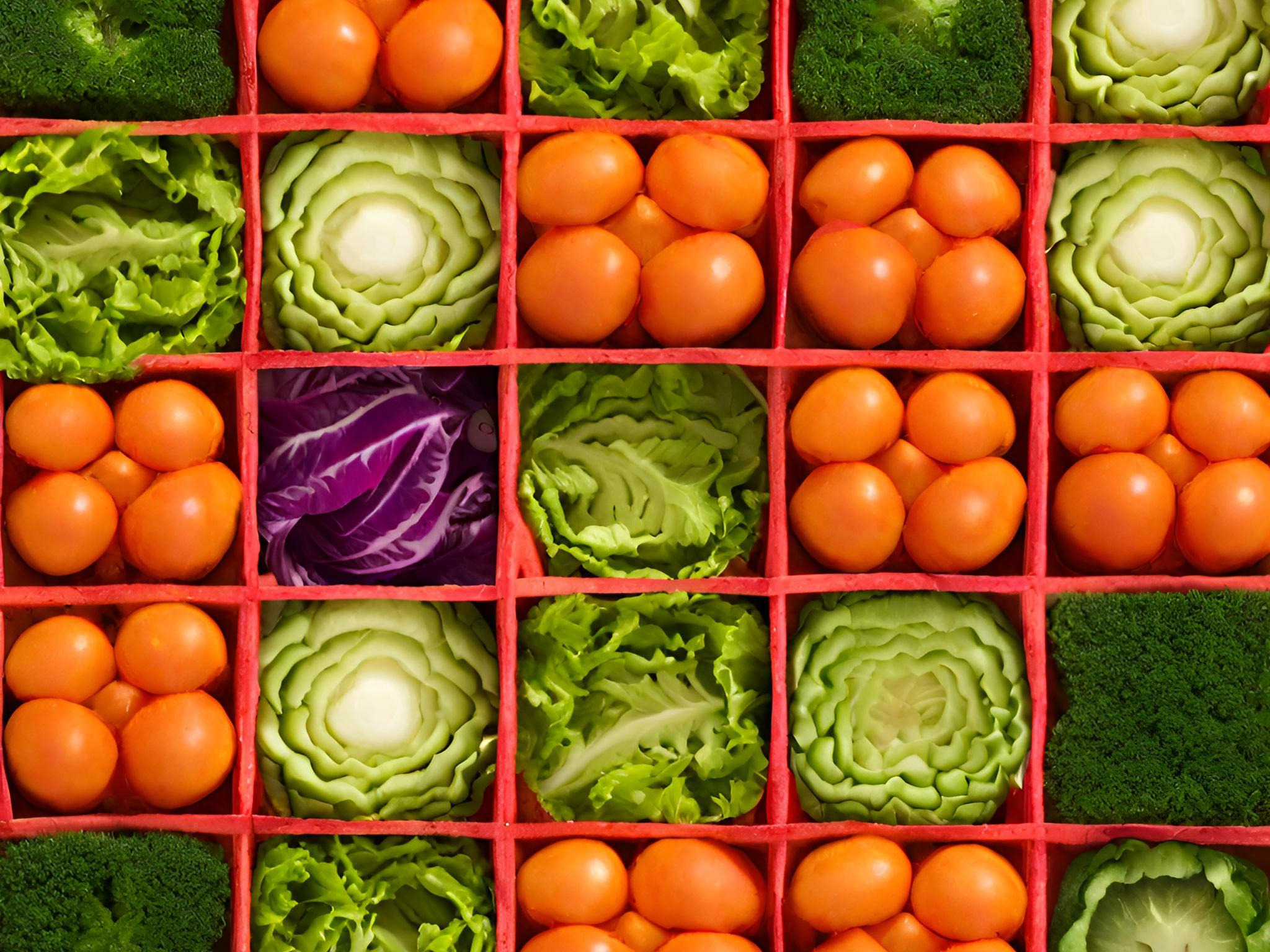World Vegan Day 2023: 10 Key Stats on Progress, Problems and Potential
4 Mins Read
Today marks the 29th World Vegan Day, and the start of World Vegan Month. We’ll see a host of announcements, launches, and releases, especially leading up to Veganuary – but how far has veganism come, and how far does it have to go? Here are some stats that illustrate the progress and potential.
1. 70% of Gen Zers want to go vegan but for health rather than climate
A survey by the Medical Inspiration Daily For Stronger Society, which polled over 2,000 vegans and 1,100 non-vegan Gen Zers, found that 70% of these consumers plan to go vegan in the next five years, but only 17% said they follow a plant-based diet for environmental reasons. In fact, 51% choose to eat vegan for health reasons, highlighting a wider consumer focus on health post-pandemic.
2. Plant-based foods grew by 22% in Europe
Despite all the grim sales and even grimmer headlines, the plant-based market in Europe actually saw sales hit a record €5.7B in 2022, with a 22% increase from 2022, according to the Good Food Institute’s (GFI) analysis of Austria, Belgium, Denmark, France, Germany, Italy, Netherlands, Poland, Portugal, Romania, Spain, Sweden, and the UK.

3. The number of American vegans hit a 10-year-low
In the US, though, the number of vegans is the lowest it has been for 10 years, according to a Gallup poll, with only 1% identifying as such. This is down from 3% in 2018 and 2% in 2012. The number of vegetarians also dropped from 5% in 2018 to 4% in 2023.
4. Veganism can cut emissions, land use and water pollution by 75%
A landmark study earlier this year – one we’ve quoted quite often – found that vegan diets can cut greenhouse gas emissions, land use and water pollution by 75% compared to meat- and dairy-rich diets. Another major study found that replacing 50% of our meat and dairy intake with plant-based alternatives could halt deforestation, reduce agricultural and land-use emissions by 31%, and double climate benefits.

5. 74% of Americans don’t link meat and dairy to climate change
Despite all this evidence, though, 74% of Americans don’t believe eating meat has any impact on the environment, a number that rises to 77% for dairy consumption. One possible reason is the underreporting of animal agriculture’s impact on the environment, with only 7% of all climate media coverage mentioning livestock farming, despite meat and dairy production accounting for 11-19% of global emissions.
6. Plant-based companies raised $1.2B in 2022, but are being overtaken by fermentation startups
According to GFI analysis, the plant-based industry raised $1.2B in 2022 – and while that seems like a big number, this was actually a decline from the $2B raised in 2021. And in the first half of 2023, this sector has only reeled in $124M, compared to $273M by fermentation-based alt-protein startups.
7. Meat and dairy farmers receive 1,000 times more public funding than plant-based companies
A study by Stanford University found that meat and dairy farmers receive 1,200 and 800 times more funding than meat alternative companies in the EU and the US, respectively. Public sector investment in plant-based meat was at $42M between 2014-20 – just 0.1% of the $35B spent on meat and dairy.

8. For consumers, taste and health are top plant-based priorities
Multiple studies have shown that consumers are placing more emphasis on the flavour and health aspects of plant-based food. In the UK, a 1,000-person survey revealed that 66% feel plant-based alternatives taste worse than conventional meat, with 51% saying taste/texture is the biggest reason for reducing alt-meat consumption. Similarly in Australia, taste was the top factor influencing people from all diets in their food choices. In the US, health benefits, animal welfare aspects and taste are the biggest drivers of plant-based food, while texture, price and processing are the biggest detractors.
9. 28% of Veganuary participants continue to be vegan
Veganuary’s half-year survey has revealed that 28% of the participants who responded stuck to a plant-based diet post-January, while 52% claimed to have reduced animal product consumption by 50% or higher. The campaign saw a record 700,000 people sign up to be vegan at the start of the year, a number that’s only expected to increase.

10. Almond milk is still king in the US, but oat is catching up
Almond milk is the darling of the alt-milk American consumer, with 70% of 1,328 survey respondents choosing it as their top preference. But while that number has been steady since 2021, oat milk has seen the biggest rise in popularity post-pandemic, going from 19% to 31% in terms of being consumers’ favourite alt-milk. This trend is reflected in the sales data: GFI revealed that while almond leads the charts, accounting for 57% of plant-based milk dollar sales, oat milk was the fastest-growing segment – it made up 4% of US alt-milk sales in 2019, and 22% last year/



